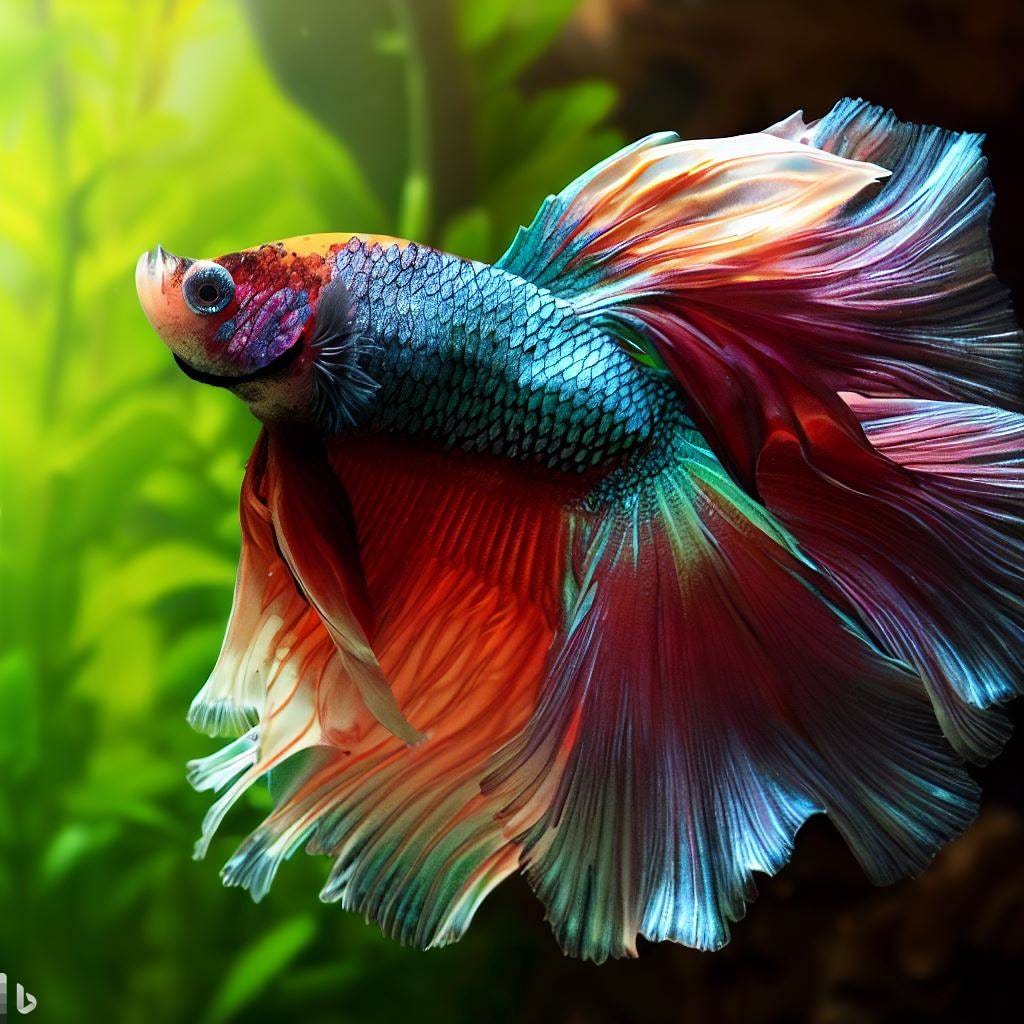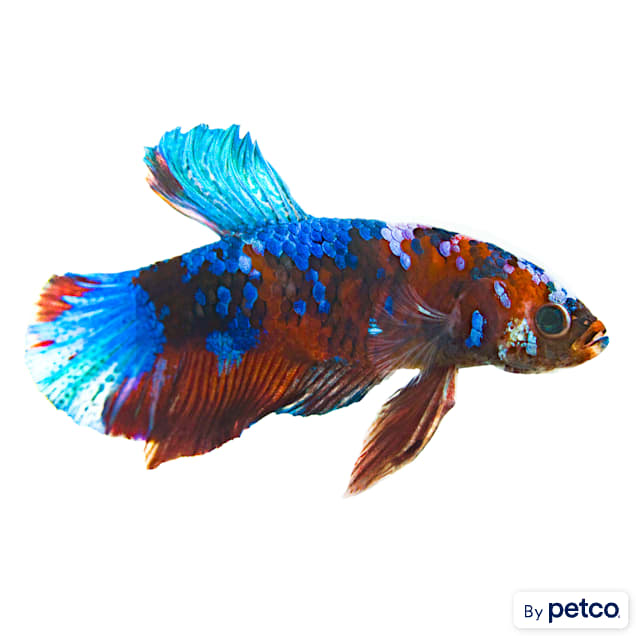Betta Fish Tank Arrangement: A Step-by-Step Overview for Beginners
Wiki Article
The Ultimate Guide to Betta Fish Treatment: Important Tips for Preserving a Healthy and Thriving Aquarium Setting
Effective Betta fish care requires an extensive understanding of their unique environmental and physiological needs. Developing an appropriate fish tank begins with selecting the right tank dimension and making certain ideal water conditions, which are vital for the health and well-being of your Betta. Recognizing correct feeding techniques and producing a helpful habitat can substantially influence your fish's vitality and actions. As you take into consideration these fundamental facets, it comes to be clear that preserving a flourishing fish tank setting calls for focus to information and recurring commitment. What certain techniques will you apply to boost your Betta's high quality of life?Picking the Right Container
Choosing the ideal storage tank for your Betta fish is critical to ensuring its health and well-being. Bettas grow in environments that imitate their all-natural environments, which typically contain calmness, cozy waters. A tank size of at the very least 5 gallons is suggested to offer sufficient swimming room, as smaller sized storage tanks can lead to stress and wellness concerns for these vibrant fish.
When choosing a storage tank, take into consideration the tank's form and filtering system. In addition, a reputable filtering system is vital to preserve water quality and decrease the regularity of water modifications.
Temperature guideline is another vital factor; Bettas like water temperature levels between 76 ° F and 82 ° F. Investing in a great heating system will ensure that the water stays within this variety, promoting a healthy and active lifestyle for your Betta. Offering appropriate storage tank designs and hiding areas will certainly aid lower tension and motivate all-natural habits, further improving your Betta's health.
Maintaining Water Top Quality
Keeping optimum water quality is important for the wellness and durability of Betta fish. This calls for normal tracking of various parameters, consisting of temperature, pH, ammonia, nitrite, and nitrate degrees. Bettas flourish in temperatures between 76 ° F and 82 ° F, so preserving a steady temperature level is important. Abrupt fluctuations can lead to anxiety and ailment.The pH degree must ideally fall in between 6.5 and 7.5. Routine testing making use of a trustworthy water testing kit can assist ensure these criteria continue to be within the ideal ranges. Ammonia and nitrite degrees ought to always be at 0 ppm, as also low focus can be poisonous to Betta fish. Nitrate levels must be kept under 20 ppm to stop lasting wellness problems.
Regular water adjustments are essential to preserving water top quality. It is suggested to transform 25-50% of the container water weekly, depending upon the storage tank dimension and equipping levels. Using a top notch water conditioner can help eliminate hazardous chemicals from faucet water, making sure a safe environment. Additionally, integrating a robust filtration system can help in maintaining water clarity and top quality, providing a much healthier habitat for your Betta fish.
Suitable Feeding Practices
Giving a balanced diet is critical for the health and dynamic pigmentation of Betta fish, as their nutritional needs play a significant function in their overall wellness. Betta fish are carnivorous by nature, needing a diet high in protein. A mix of high-grade pellets, frozen or live foods such as bloodworms, salt water shrimp, and daphnia can give the essential nutrients they need.Feed your Betta fish 2 to three times a day, offering only what they can consume within 2 to 3 mins to avoid overfeeding and preserve water top quality. Overfeeding can cause excessive weight and health and wellness issues, find more information including swim bladder illness. It is vital to monitor their nutritional intake and adjust portion sizes appropriately.
Along with protein, a well balanced diet plan needs to include minerals and vitamins to promote optimum health. Take into consideration supplementing their diet with high-quality flakes or his response pellets especially developed for Betta fish, as these commonly have needed ingredients.

Creating an Ideal Habitat

Water high quality is paramount; keep a temperature level in between 76 ° F and 82 ° F, and make sure the pH level varies from 6 - betta fish.5 to 7.5. Regular water modifications of 25-50% weekly will certainly assist keep toxic substances at bay and ensure a stable setting
Including plants and hiding places is crucial, as Betta fish are naturally territorial and enjoy having areas to explore and pull away. Live or silk plants, along with caves and ornaments, can create a revitalizing environment.

Routine Wellness Checkups
Carrying out routine wellness checkups is important for making certain the health of Betta fish, as very early discovery of potential problems can prevent serious wellness problems. These appointments need to encompass a thorough assessment of the fish's physical condition, habits, and ecological aspects.Begin by observing the Betta fish for any indications of distress, such as sleepiness, anorexia nervosa, or uncommon swimming patterns. Additionally, examine the fins and body for indicators of staining, sores, or fin rot, which can suggest look what i found infections or parasites. Regularly keeping track of the water top quality in the fish tank is similarly important; specifications such as pH, ammonia, nitrite, and nitrate levels ought to be preserved within optimal varieties to stop tension and illness.
In addition, consider maintaining a log of health observations and water top quality tests. This record can promote the recognition of fads or repeating concerns. If any type of problems are found during the appointment, it is vital to get in touch with a vet experienced in water pets. Timely intervention can make a substantial distinction in the healing of your Betta fish, guaranteeing a lengthy and healthy life in a well-kept aquarium setting.
Verdict
In final thought, successful Betta fish treatment hinges on producing and maintaining an ideal fish tank environment. By complying with these standards, aquarists can promote the health and vibrancy of Betta fish, eventually resulting in a growing water ecological community.Report this wiki page